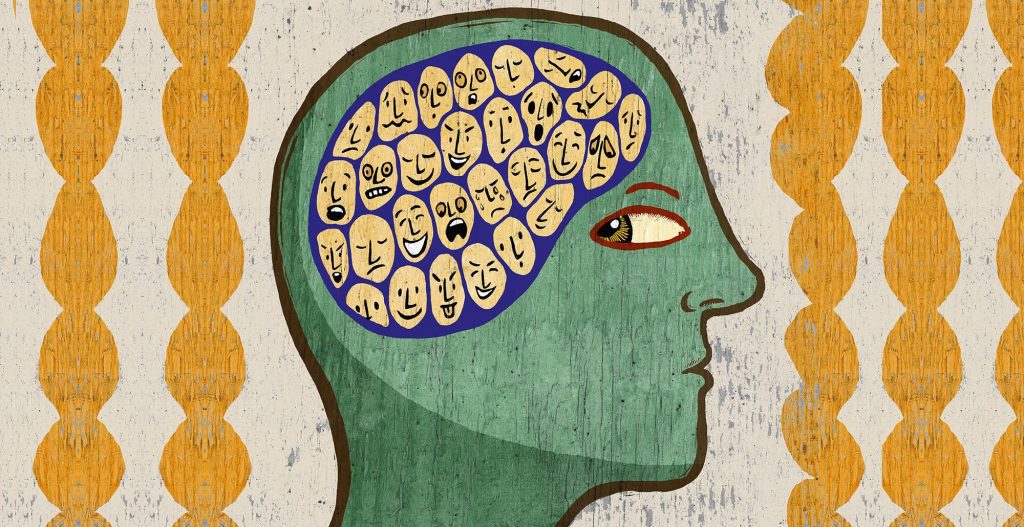During the two hours of the seminar, participants will be introduced to the theory and basic principles of Internal Family Therapy (IFS). IFS combines the concept of diversity of thought and systematic thinking because each person or part has its characteristics and perceptions.
This evidence-based approach assumes that each individual has a different identity or "part". By studying the interactions and relationships between these internal entities, people can identify the roots of conflict, overcome complications that arise, and achieve a better existence. The IFS seminar helps to do these things wisely and appropriately.

Image Source: Google
Even though this is PowerPoint, through experience and time for questions and answers, seminar participants will learn the 5 basic assumptions of the IFS model, plan IFS sessions, techniques and exercises.
Based on the seminar material, participants can:
1. The human mind is divided into many parts
2. Everyone has himself, a place of consciousness, and where everyone is. The self must be the main actor in coordinating the inner family
3. The parts involved in non-extreme behavior are beneficial to the individual. Therapy aims to help these parts find their role that is not extreme.
4. Personal growth and development lead to the inner development of the family. The interaction between parts becomes more complex, which allows systems theory to be applied to internal systems.
